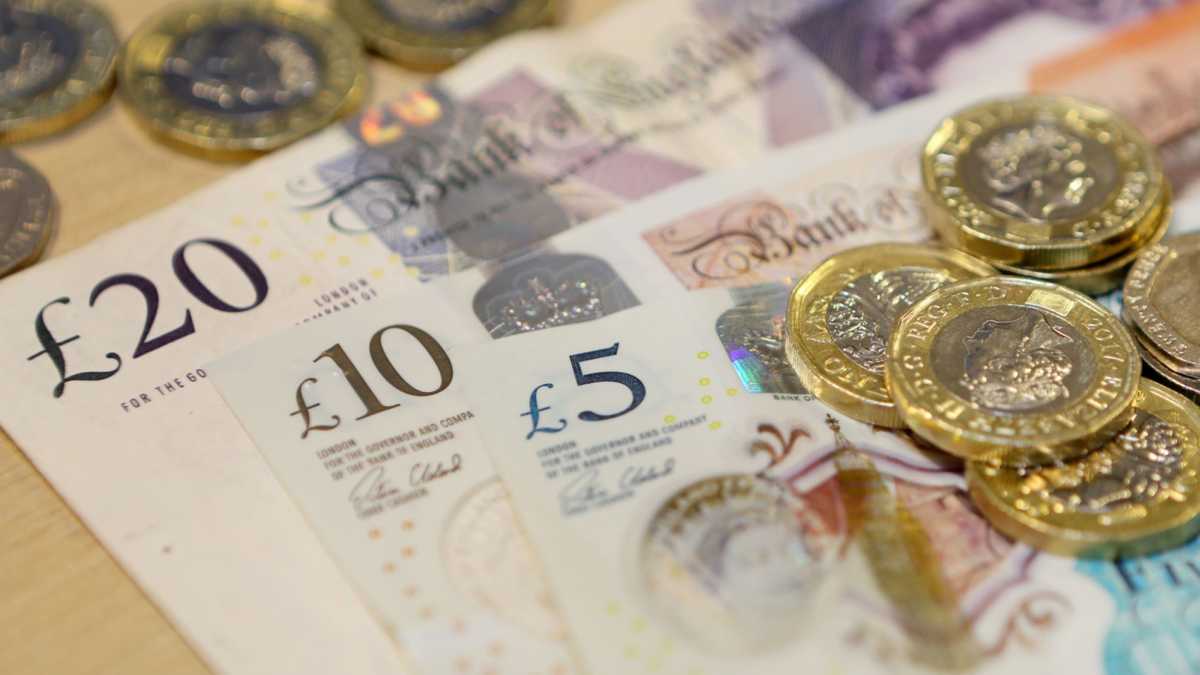News
What Time is Universal Credit Paid in UK Bank Accounts?

Universal Credit, a popular welfare benefit program in the UK, is paid by the Department for Work and Pensions (DWP) on a regular schedule. With approximately six million people relying on it, an important question arises: at what time are these payments typically transferred to bank accounts?
Payments from Universal Credit are typically made on the same day each month. However, exceptions may apply, such as when the payment date falls on a weekend or a bank holiday, resulting in an earlier payment. In the case of residents in Scotland, payments can occur once or twice a month, depending on individual circumstances.
The calculation of your Universal Credit payment is based on your assessment period, which usually lasts for one calendar month. Factors such as your income and employment status during this period will determine the final amount you receive. Payments are usually made into your designated bank account or building society seven days after the end of your monthly assessment period.
The exact time of payment can vary depending on your bank or building society. While most people can expect to receive their Universal Credit shortly after midnight on the payment day, some financial institutions may initiate the transfer as early as 11:30pm the night before. However, it is not uncommon to experience delays, ranging from 2am to 6am, before the funds become accessible.
Understanding the amount of Universal Credit you are entitled to can be a complex process. Your claim consists of a standard allowance, determined by your age and whether you are claiming as an individual or as part of a couple. Additional top-ups may be available, such as for childcare or health-related issues that prevent you from working. The official Universal Credit website provides information on the potential extra amounts you may be eligible to claim.
The sum of your standard allowance and any additional payments forms the basis for your total Universal Credit figure, which may be subject to deductions. Factors such as employment, savings, or debt to the DWP can impact the final amount you receive. If you are employed, a taper rate is applied, reducing your Universal Credit payment by 55p for every £1 earned. However, certain individuals may receive a work allowance, which allows them to earn a set amount before their Universal Credit is reduced.
It’s important to note that the benefit cap, which limits the total amount of benefits an individual can claim, may also affect your Universal Credit entitlement. The specific cap varies depending on whether you reside in or outside Greater London. Additionally, having savings of over £6,000 can affect your eligibility, with savings exceeding £16,000 rendering you ineligible for Universal Credit.












